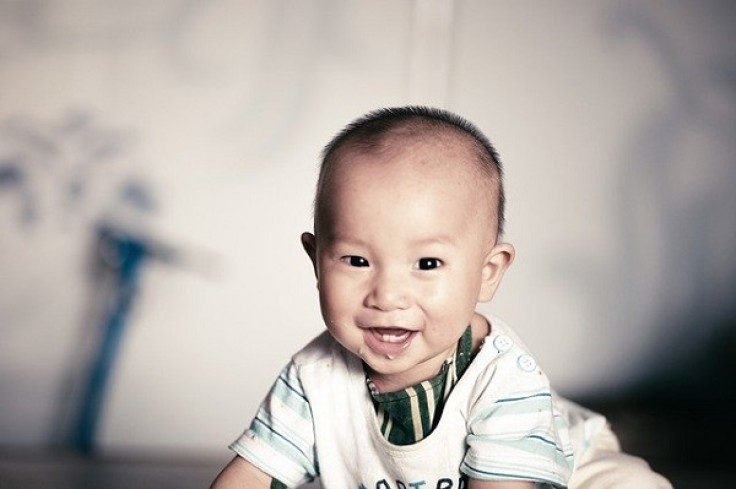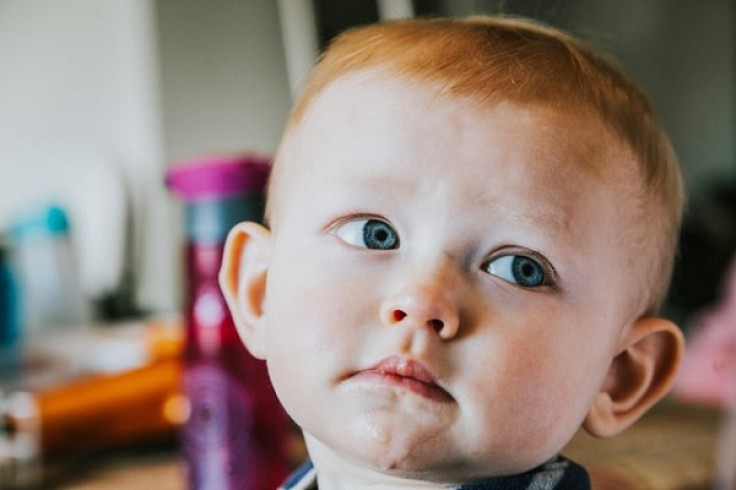Drooling is a normal stage for children starting birth up to two years old and is usually noticeable from three to six months of age. It is associated with the development of motor functions and oral sensory, increasing cognitive and social-emotional awareness.
You might be wondering why babies drool so much. Here are some facts for you to note.

READ ALSO : Binky Out: How Do I Take A Pacifier Away?
Drooling is vital for a baby's development
Drooling is one good sign that your baby is developing well. It could mean that he is teething, or he is smelling his milk or the food you are eating. Blowing bubbles is part of the physical development and is a good sign that your baby has entered a new period of growth.
Drool or saliva contains enzymes that help digest the food that your baby eats. It also helps to neutralize gastric acid and protect the esophageal lining from irritation. Apart from that, saliva also binds the food together to facilitate swallowing.
Another role of saliva is to keep your baby's mouth moist. It also washes away food residue. Also, it protects your baby's teeth from corrosion and tooth decay with its neutralizing effect.
Excessive drooling in babies
After the typical age of drooling and the baby still has an involuntary flow of saliva, it is classified as excessive drooling. When your baby is older than two years, and drooling is excessive, you should consult a doctor for treatment because it could be a sign of poor coordination of the mouth and tongue. It could lead to poor swallowing.

Causes of excessive drooling
Here are the things that could be causing excessive drooling in babies.
Teething
The first thing that you have to consider when you see that your baby is drooling so much is if he is teething. Babies start teething, typically, from six months onwards, although it is not something to be bothered about if your baby still has no single tooth by eight months of age. Most babies have a complete set of milk teeth by 30 months of age.
Being focused on something
Babies' minds get stimulated when they are focused on a particular task, making their saliva production increase to six times the average volume. It happens because their focus is diverted on another task other than the mouth and tongue movements.
Food
When a person eats sour or spicy food, the salivary glands work double-time to help neutralize the acid that is being detected in the mouth. This fact is especially true for children who love eating oranges, grapes, or lime.
Neurological Disorders
Bell's Palsy and Cerebral Palsy causes excessive drooling and salivating. Both of these impact muscle control, so it is difficult for a person to swallow normally, causing the pooling of saliva in the mouth and, in effect, causes drooling.
How to Treat Drooling
Teach your child to practice a closed-lip stance by asking him to hold a thin and lightweight object between his lips horizontally. Start by using a coffee-stirrer straw then progress to something that has more weight. Make sure that the object is being held by his lips and not his teeth.
Give him signs on how to understand when his mouth or face is wet so that he may know when saliva is drooling out of his mouth. As much as possible, try to reduce acidic food from your child's diet.